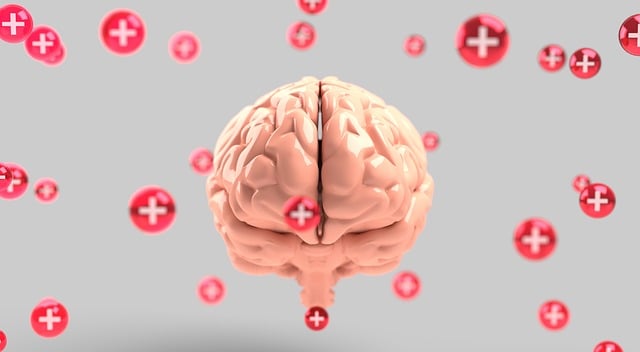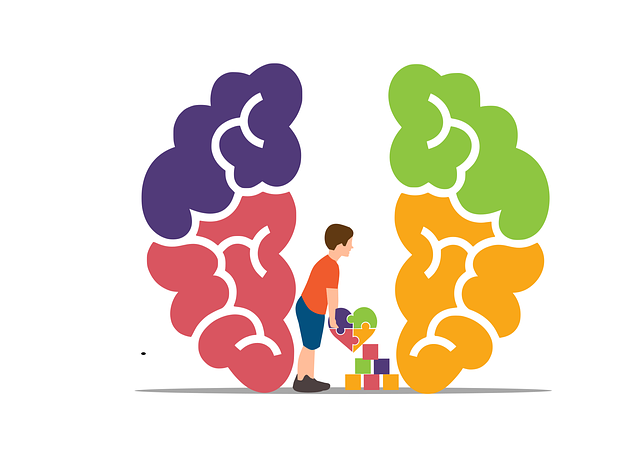Anxiety linked to Lone Tree Relationship Issues can be effectively managed through therapy, mindfulness, and practical strategies. Keeping a mental wellness journal helps identify patterns and triggers, while CBT challenges negative thought cycles. Lone Tree Relationship Issues Therapy explores relationship dynamics, fostering self-awareness and healthier communication. Mindfulness meditation, exercise, social connections, and sleep hygiene are adjunctive tools for stress reduction. Public support and therapy provide resources for anxiety management, preventing burnout and reducing stigma.
Anxiety is a prevalent challenge, but managing it effectively can lead to improved well-being. This article guides you through a comprehensive approach to tackling anxiety, beginning with recognizing patterns and triggers, essential steps in understanding your condition. We explore practical coping techniques to combat daily anxiety and delve into the therapeutic realm, specifically Lone Tree Relationship Issues Therapy, offering a unique perspective on addressing deep-rooted issues. By combining awareness and proven strategies, this resource empowers individuals to take control of their mental health.
- Understanding Anxiety: Recognizing Patterns and Triggers
- Tools for Coping: Practical Techniques to Combat Anxiety
- The Therapeutic Journey: Exploring Lone Tree Relationship Issues Therapy
Understanding Anxiety: Recognizing Patterns and Triggers

Anxiety is a complex emotion that can stem from various sources, often rooted in our relationships and past experiences. Recognizing patterns and triggers is a crucial step in managing it effectively. Many individuals find themselves caught in recurring cycles of worry, especially when facing lone tree relationship issues. These challenges can manifest as persistent fears, overwhelming emotions, or specific situations that induce anxiety.
By keeping a mental wellness journal, one can identify these patterns and triggers. Mindfulness meditation and mental wellness journaling exercises offer guidance in this process. Through regular reflection, individuals become more attuned to their thoughts and feelings, enabling them to recognize early signs of anxiety and develop strategies to cope. Understanding the unique personal triggers is a powerful tool in therapy, allowing for tailored interventions and fostering a greater sense of control over one’s mental health.
Tools for Coping: Practical Techniques to Combat Anxiety

Anxiety can be a formidable adversary, but armed with the right tools, it’s possible to take control and manage symptoms effectively. For those dealing with Lone Tree relationship issues or other personal struggles, professional therapy offers a safe space to explore and address anxiety’s root causes. Cognitive Behavioral Therapy (CBT), for instance, is a widely recognized approach that helps individuals identify and change negative thought patterns contributing to anxiety.
Beyond therapy, various practical techniques exist for coping with anxiety. Mindfulness meditation, deep breathing exercises, and regular physical activity have been shown to significantly reduce stress levels. Engaging in hobbies, connecting with loved ones, and practicing good sleep hygiene can also play a crucial role in managing anxiety. Additionally, public awareness campaigns focused on mental health can foster a supportive environment, while crisis intervention guidance ensures access to immediate help during severe episodes.
The Therapeutic Journey: Exploring Lone Tree Relationship Issues Therapy

Lone Tree Relationship Issues Therapy offers a unique and powerful approach to addressing anxiety, delving into the intricate web of personal connections and their impact on mental well-being. This therapeutic journey focuses on uncovering and healing relationship dynamics that may have contributed to or exacerbated anxiety disorders. By exploring these issues in solitude, individuals can gain profound insights into themselves and their interactions with others.
The process involves applying Mind Over Matter principles, helping clients understand the intricate link between thoughts, feelings, and behaviors within relationships. Through this, they learn to challenge negative thought patterns and engage in practices that foster healthier communication. As a result, Lone Tree Relationship Issues Therapy not only aids in Burnout Prevention but also plays a significant role in Mental Illness Stigma Reduction Efforts by promoting self-awareness and resilience.
Anxiety management is a multifaceted approach, and as demonstrated by the exploration of Lone Tree Relationship Issues Therapy, addressing it often requires a combination of understanding, practical tools, and therapeutic support. By recognizing patterns and triggers, individuals can equip themselves with effective coping strategies to navigate life’s challenges. This holistic approach, combining self-awareness with evidence-based techniques, empowers one to lead a more balanced and less anxious life, ultimately enhancing overall well-being.














